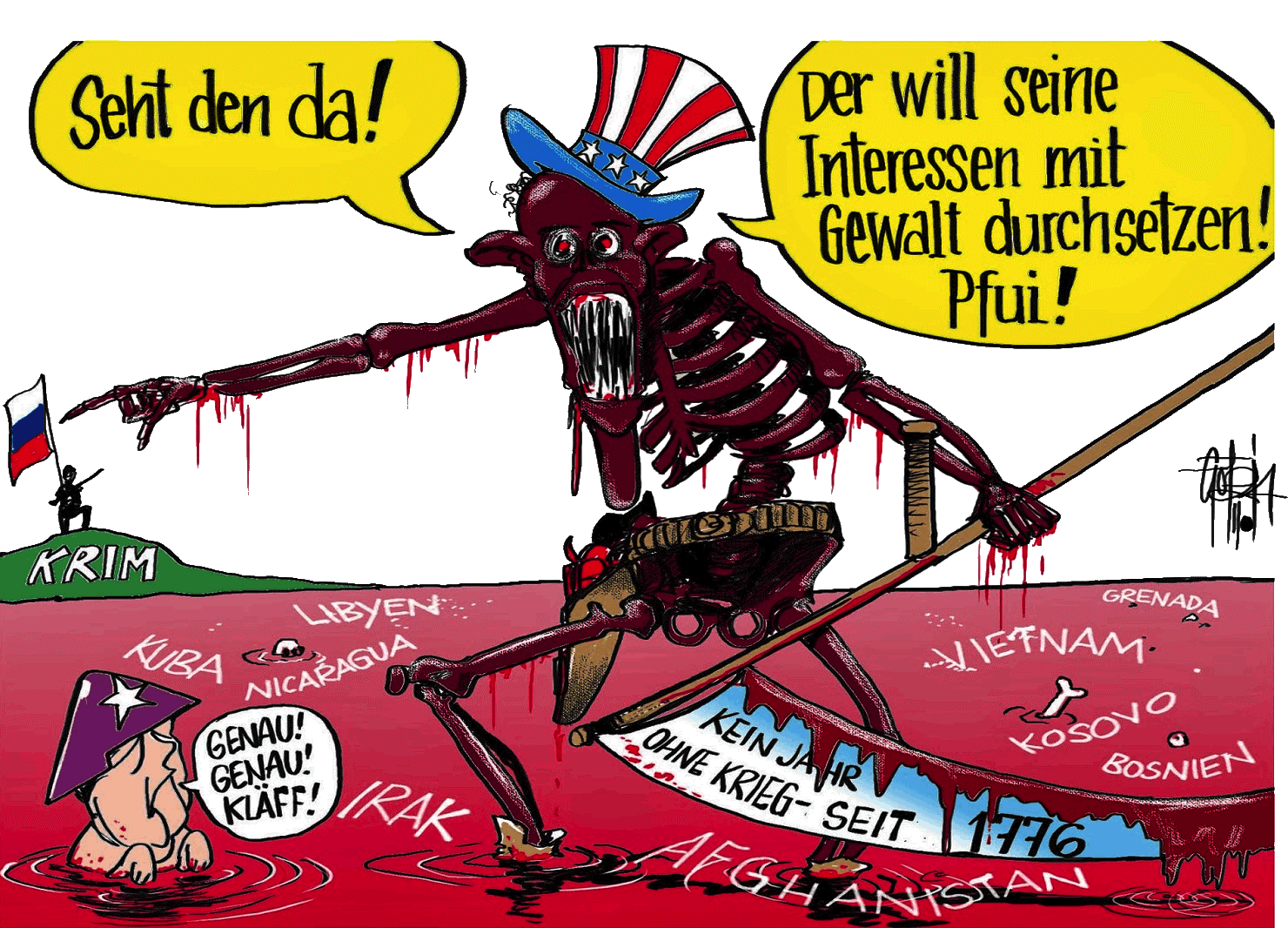Counterfeit Currency in WWII: Operation Bernhard's Legacy
Written on
Behind the Curtain of Operation Bernhard
The barracks at Sachsenhausen concentration camp, surrounded by barbed wire and whitewashed windows, conceal a grim secret. Behind a tall wooden fence, prisoners are engaged in an audacious scheme: forging British pound notes for Adolf Hitler's plans. This covert operation, known as "Operation Bernhard," is named after Bernhard Krüger, the mastermind behind the largest forgery effort in history.
Charlotte Krüger, his granddaughter, explains the operation's intent: "The goal was to inundate the British economy with counterfeit currency, causing it to collapse." The plan involved air-dropping these forged notes over England to incite both consumer chaos and a financial crisis. Conceived in 1939, the scheme received personal approval from Hitler, who aimed to weaken his adversaries by manipulating their economy.
The meticulous preparations included selecting appropriate paper and studying the intricate security features of genuine pound notes. To execute this elaborate plan, the Nazis turned to concentration camp prisoners, many of whom had skills in graphic arts and printing.
Despite the privileges granted to the skilled workers in this "golden cage," they remained acutely aware of the peril surrounding them. As Charlotte notes, "The workers were primarily Jewish, easily expendable if the operation faltered or succeeded."
In late 1942, the secret printing operation commenced, producing an astonishing 134 million British pounds. However, the scheme faltered—most of the counterfeit money was used to finance espionage and procure war materials rather than disrupt the British economy. By the war's end, Hitler ordered the closure of the printing operation. Fortunately, many prisoners from Sachsenhausen survived the Holocaust and were liberated in May 1945.
The fate of the counterfeit notes remains uncertain, as Nazi troops disposed of much of the evidence in Toplitzsee, Austria, but the true impact of "Bernhard money" on future fortunes is still a topic of speculation.

The Fallout of Operation Bernhard
Operation Bernhard aimed to alter the trajectory of World War II, yet it ultimately fell short. The Nazis struggled to replicate the British pound's security features perfectly, and British authorities were quick to counteract the counterfeit threat.
Though the operation failed to destabilize the British economy, it nonetheless had repercussions, as the counterfeit currency financed espionage and undermined trust in the British pound.
A Dark Legacy of Exploitation
Operation Bernhard is not just a failed military strategy; it represents a harrowing chapter in history. The conditions under which prisoners labored were inhumane, with the constant threat of death looming if the operation were to be exposed. This endeavor exemplifies the depths of cruelty that characterized National So